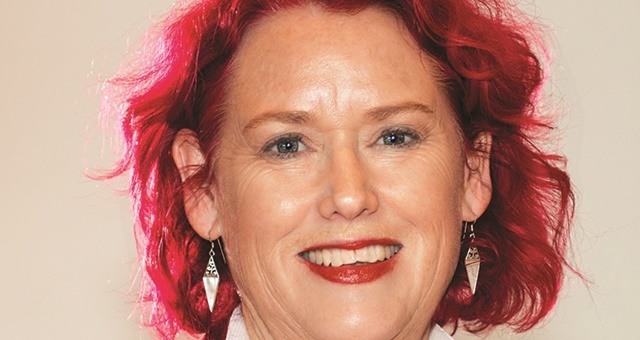Auckland’s controversial and much-maligned Accommodation Provider Targeted Rate (APTR) will be suspended until 31 March 2021, Auckland Council’s Emergency Committee has announced.
The move was welcomed by Tourism Industry Aotearoa (TIA) and hotels city-wide, which like many cities are suffering record-low occupancies, staff furloughs, redundancies and closures as New Zealand continues to lock down its citizens to stop the spread of COVID-19.
TIA Hotel Sector Manager, Sally Attfield, says hotels are welcoming the council’s decision to suspend the fixed cost of the APTR, temporarily alleviating another stress from hotel owners.
“With no international visitors coming into New Zealand for the foreseeable future, and an uncertain future for domestic tourism and events, the fixed cost of the APTR would have added to the tremendous pressure hoteliers are already under,” Attfield said.

The city’s targeted rate was introduced in 2017 and funds around half of the destination marketing activities of Auckland Tourism, Events and Economic Development (ATEED). It has been consistently opposed by the accommodation sector and TIA on the basis that hotels only receive around 10% of all revenue spent in New Zealand by domestic and international visitors.
The APTR was challenged all the way to the High Court, which earlier this year ruled in favour of the city and rubber-stamped its introduction.
TIA Chief Executive, Chris Roberts, said the next few months provided an opportunity to review the targeted rate and come up with a better proposal to generate council revenue.
“Now more than ever it is important councils remove barriers for hotel operators so that they have the best chance of continuing.
“We need our hoteliers and accommodation providers, who are essential to the tourism industry and to the economy, to be part of the important conversations we’ll be having as we begin to reimagine New Zealand in a post-COVID-19 world.”

